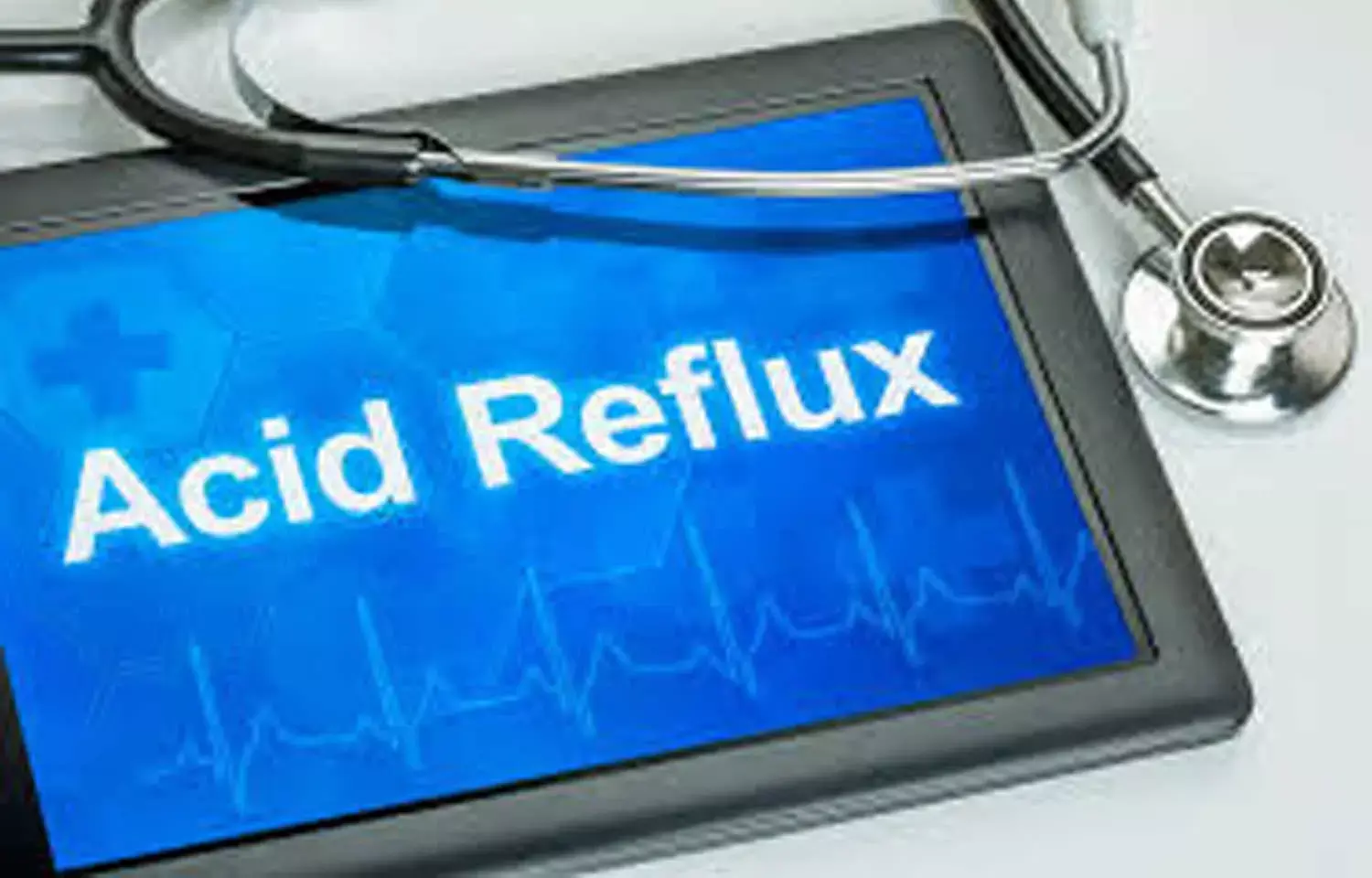- Home
- Medical news & Guidelines
- Anesthesiology
- Cardiology and CTVS
- Critical Care
- Dentistry
- Dermatology
- Diabetes and Endocrinology
- ENT
- Gastroenterology
- Medicine
- Nephrology
- Neurology
- Obstretics-Gynaecology
- Oncology
- Ophthalmology
- Orthopaedics
- Pediatrics-Neonatology
- Psychiatry
- Pulmonology
- Radiology
- Surgery
- Urology
- Laboratory Medicine
- Diet
- Nursing
- Paramedical
- Physiotherapy
- Health news
- Fact Check
- Bone Health Fact Check
- Brain Health Fact Check
- Cancer Related Fact Check
- Child Care Fact Check
- Dental and oral health fact check
- Diabetes and metabolic health fact check
- Diet and Nutrition Fact Check
- Eye and ENT Care Fact Check
- Fitness fact check
- Gut health fact check
- Heart health fact check
- Kidney health fact check
- Medical education fact check
- Men's health fact check
- Respiratory fact check
- Skin and hair care fact check
- Vaccine and Immunization fact check
- Women's health fact check
- AYUSH
- State News
- Andaman and Nicobar Islands
- Andhra Pradesh
- Arunachal Pradesh
- Assam
- Bihar
- Chandigarh
- Chattisgarh
- Dadra and Nagar Haveli
- Daman and Diu
- Delhi
- Goa
- Gujarat
- Haryana
- Himachal Pradesh
- Jammu & Kashmir
- Jharkhand
- Karnataka
- Kerala
- Ladakh
- Lakshadweep
- Madhya Pradesh
- Maharashtra
- Manipur
- Meghalaya
- Mizoram
- Nagaland
- Odisha
- Puducherry
- Punjab
- Rajasthan
- Sikkim
- Tamil Nadu
- Telangana
- Tripura
- Uttar Pradesh
- Uttrakhand
- West Bengal
- Medical Education
- Industry
Acid Reflux Drug- a new treatment option for hypoxic-ischemic encephalopathy: Study

Researchers in China have discovered in a new study that histamine H2 receptor blockers common acid reflux drugs may be a new treatment option for hypoxic-ischemic encephalopathy.It may turn out to be a potential way to prevent a lack of oxygen or blood flow from causing long-lasting brain damage in newborn children.
The study has been published September 29 in the Journal of Experimental Medicine (JEM).
The research suggests that targeting the histamine H2 receptor with drugs already used to treat acid reflux in infants could help newborns recover from hypoxic-ischemic encephalopathy (HIE), a condition that affects over 1 in 1,000 live births and can cause life-long neurological disabilities.
HIE can develop during pregnancy or from complications during labor and delivery. Premature infants also have a high risk of the disorder, in which disruptions to the oxygen and blood supply damage the brain's white matter, primarily composed of fat-producing oligodendrocytes that insulate and protect the brain's nerve cells. This can cause severe and long-lasting neurological disabilities, including cerebral palsy, epilepsy, and cognitive impairment. Researchers suspect that some of these symptoms could be alleviated if oligodendrocyte precursor cells could be prompted to form new oligodendrocytes capable of restoring the lost white matter.
"However, very few drug targets capable of inducing oligodendrocyte formation have been identified," says Weiwei Hu, a professor at Zhejiang University School of Medicine in Hangzhou and the senior author of the new study.
Hu and colleagues found that a protein known as the histamine H2 receptor inhibits the formation of mature oligodendrocytes capable of restoring the brain's white matter after injury. Mice lacking the histamine H2receptor recovered better from neonatal hypoxia-ischemia, regenerating more of their white matter and showing improved motor skills and cognitive function.
Cimetidine and other drugs that target the histamine H2 receptor are already used to treat acid reflux in newborn children. Hu and colleagues found that treating mice with cimetidine also improved the animals' recovery from hypoxia-ischemia. Crucially—given that HIE is often only diagnosed several months after birth—even delayed treatment with cimetidine was effective in restoring the mice's white matter.
"Given the present application of histamine H2 receptor blockers in preterm and full-term infants, our study suggests that they could also be a safe and effective treatment for neonatal HIE," Hu says.
https://rupress.org/jem/article/218/1/e20191365/152128/Histamine-H2-receptor-negatively-regulates
Hina Zahid Joined Medical Dialogue in 2017 with a passion to work as a Reporter. She coordinates with various national and international journals and association and covers all the stories related to Medical guidelines, Medical Journals, rare medical surgeries as well as all the updates in the medical field. Email: editorial@medicaldialogues.in. Contact no. 011-43720751
Dr Kamal Kant Kohli-MBBS, DTCD- a chest specialist with more than 30 years of practice and a flair for writing clinical articles, Dr Kamal Kant Kohli joined Medical Dialogues as a Chief Editor of Medical News. Besides writing articles, as an editor, he proofreads and verifies all the medical content published on Medical Dialogues including those coming from journals, studies,medical conferences,guidelines etc. Email: drkohli@medicaldialogues.in. Contact no. 011-43720751


